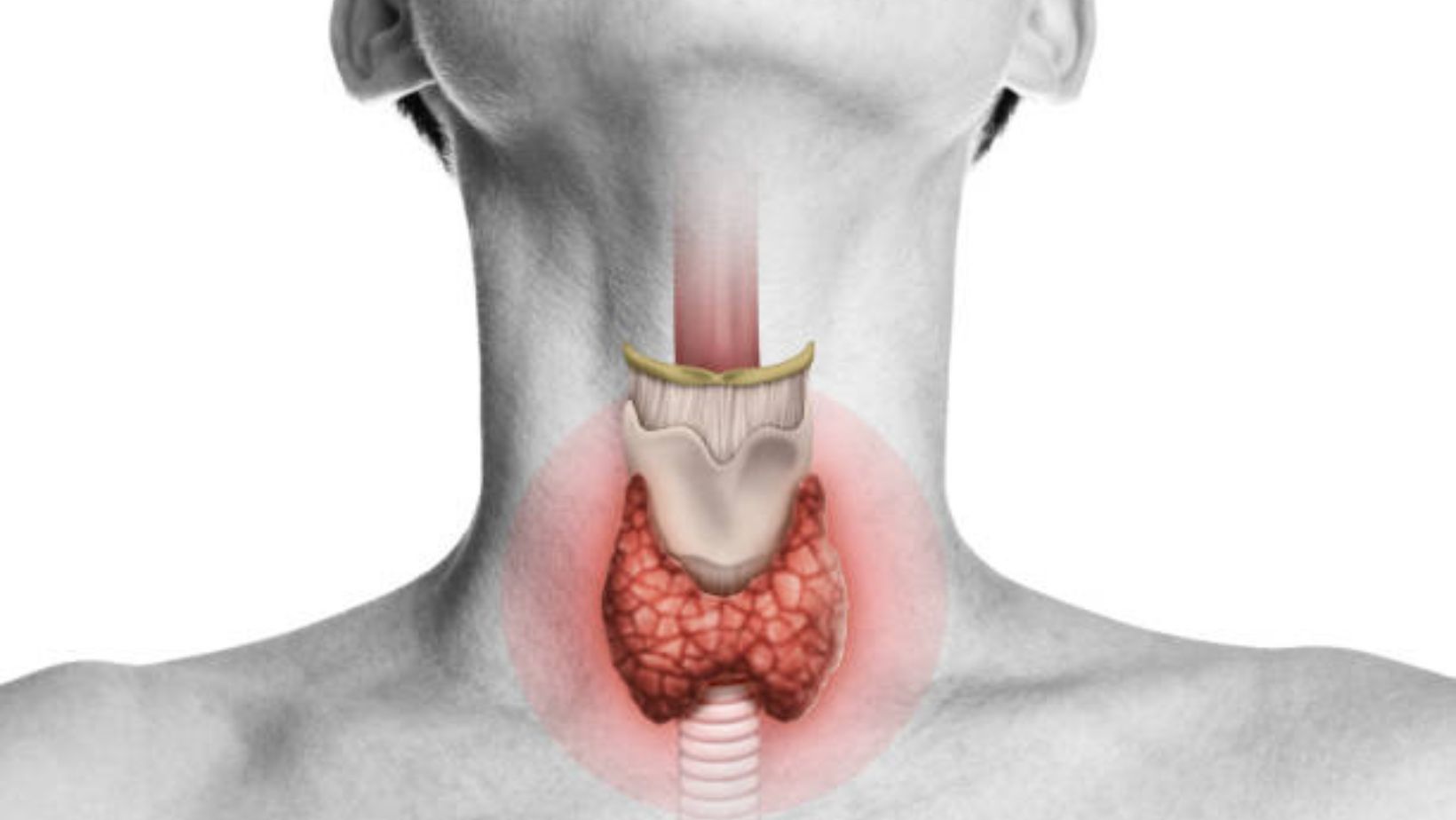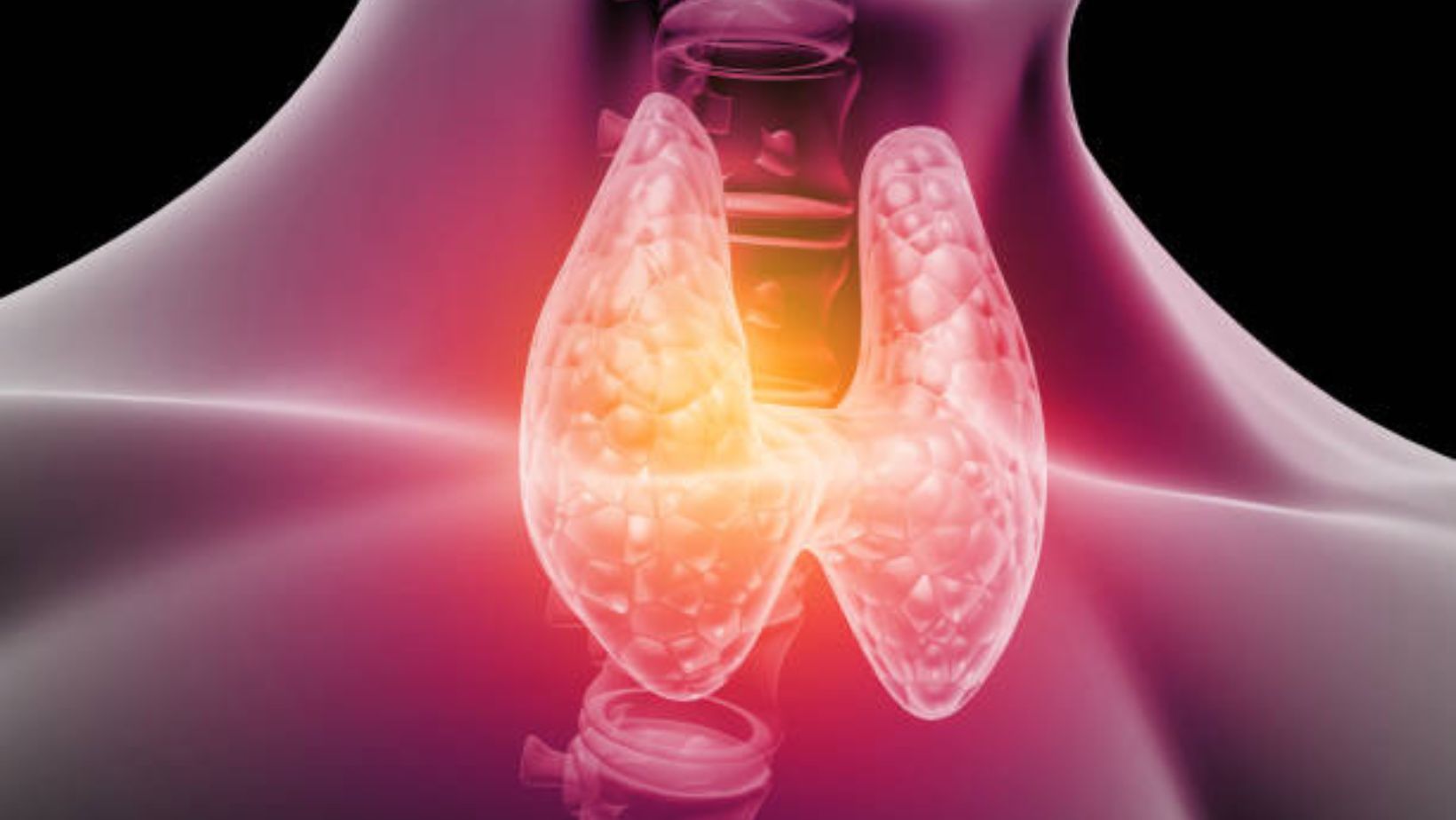
Is Keto Good For Hypothyroidism
Wondering if the keto diet is suitable for individuals with hypothyroidism? Well, let’s dive right into it. The ketogenic diet, or keto for short, has gained significant popularity in recent years due to its potential benefits for weight loss and overall health. However, when it comes to hypothyroidism, there are a few important considerations to keep in mind.
Firstly, it’s important to note that there isn’t a one-size-fits-all answer. Each person with hypothyroidism may have different needs and responses to dietary changes. While some individuals may thrive on a keto diet, others may find it more challenging or even experience adverse effects.
One potential concern is that the keto diet is typically low in carbohydrates, which are essential for thyroid function. Carbohydrates play a role in converting inactive thyroid hormone (T4) into active thyroid hormone (T3). Therefore, drastically reducing carbohydrate intake may potentially impact thyroid hormone production and metabolism.
Whether the keto diet is good for hypothyroidism depends on individual factors. It’s advisable to consult with a healthcare professional or registered dietitian who can provide personalized guidance based on your specific health needs and goals. They can help determine if modifications are necessary to support your thyroid function while following a ketogenic eating plan.
Effects Of Keto On Thyroid Function
When it comes to the question of whether keto is good for hypothyroidism, there seems to be a lack of consensus among experts. Some believe that following a ketogenic diet may have negative effects on thyroid function, while others argue that it can actually benefit those with hypothyroidism. Let’s take a closer look at the potential effects of keto on thyroid function.
- Impact on T3 and T4 levels: One concern raised by critics is that a low-carb, high-fat ketogenic diet may lead to lower levels of triiodothyronine (T3) and thyroxine (T4), which are the two primary hormones produced by the thyroid gland. These hormones play a crucial role in regulating metabolism and energy production throughout the body. However, limited research suggests that while short-term studies have shown fluctuations in T3 levels during ketosis, long-term adherence to a well-formulated ketogenic diet does not appear to significantly affect thyroid hormone levels.
- Caloric restriction and stress response: Another argument against keto for hypothyroidism revolves around its potential caloric restriction and impact on the body’s stress response system. Severely restricting calorie intake or undergoing prolonged periods of fasting can activate the hypothalamic-pituitary-thyroid axis, leading to changes in thyroid hormone production and conversion. It’s important to note that not all individuals following a ketogenic diet experience significant caloric restriction or excessive stress response, as individual variations exist depending on factors such as overall calorie consumption, macronutrient distribution, and metabolic health.
- Potential benefits for weight management: On the flip side, proponents suggest that adopting a ketogenic diet may aid in weight management—a common challenge faced by individuals with hypothyroidism due to their slower metabolic rate. By reducing carbohydrate intake and increasing healthy fat consumption, keto has been associated with improved insulin sensitivity and enhanced fat burning capabilities. This may help individuals with hypothyroidism maintain a healthy weight or even support weight loss efforts.
- Individual responses and considerations: It’s essential to recognize that every individual is unique, and what works for one person may not work for another. Factors such as genetics, underlying health conditions, medication use, and lifestyle choices can all influence how someone’s thyroid function responds to a ketogenic diet. If you have hypothyroidism and are considering keto, it’s advisable to consult with a healthcare professional who can assess your specific situation and provide personalized guidance.
In summary, the effects of keto on thyroid function remain somewhat unclear. While some studies suggest potential concerns regarding T3 levels and stress response, others highlight the benefits of weight management that keto may offer individuals with hypothyroidism. Ultimately, it’s important to approach any dietary changes with caution and prioritize personalized care when managing hypothyroidism or any other medical condition. Research and studies have been conducted to explore the potential benefits of a keto diet for individuals with hypothyroidism.

